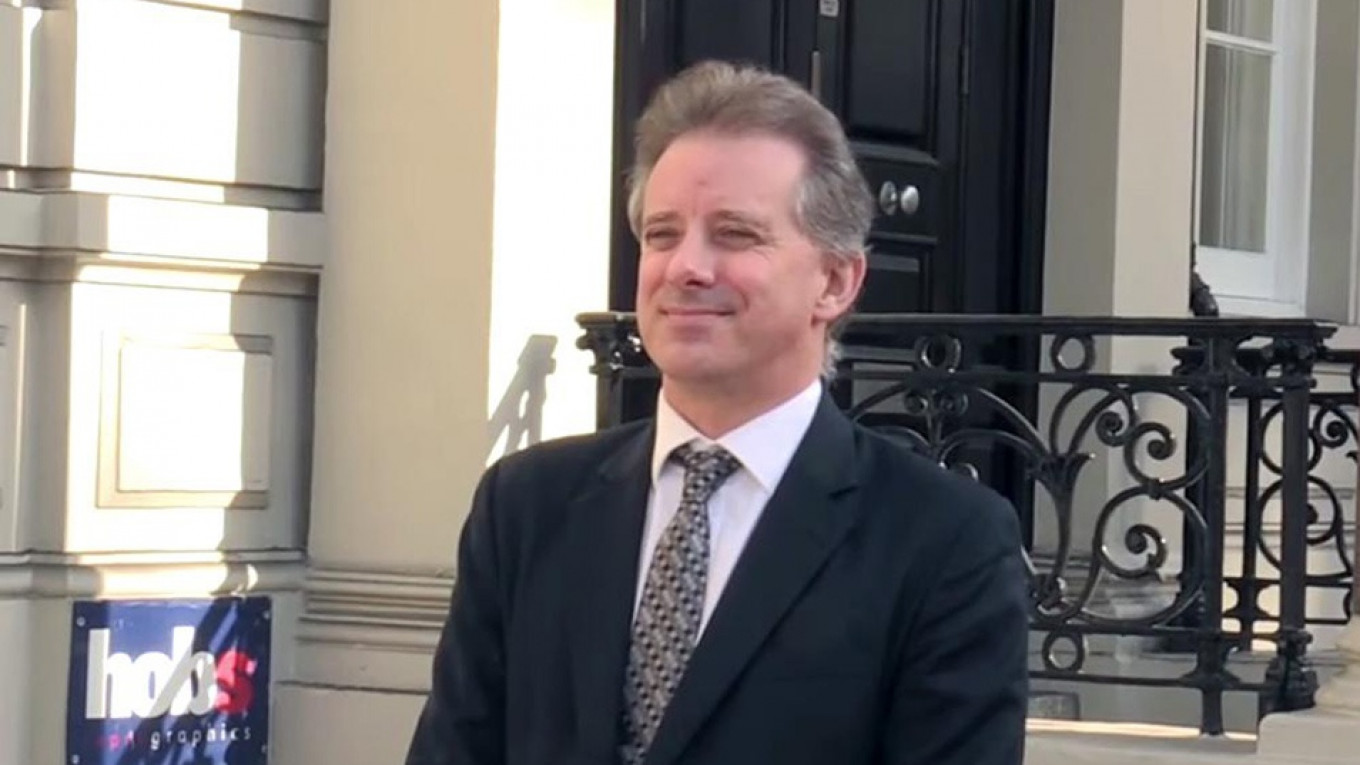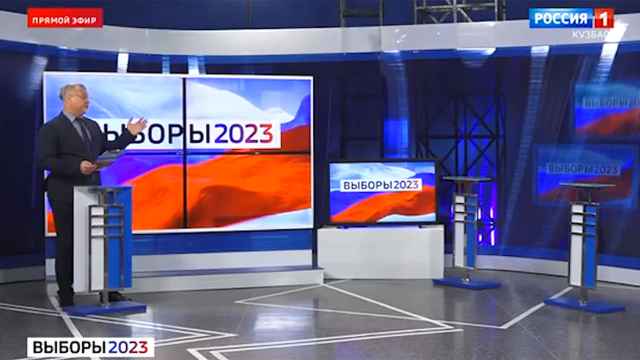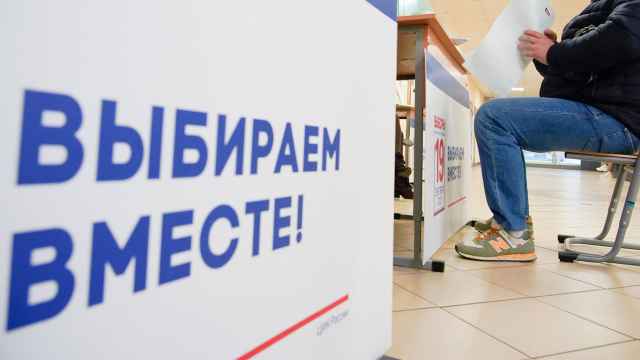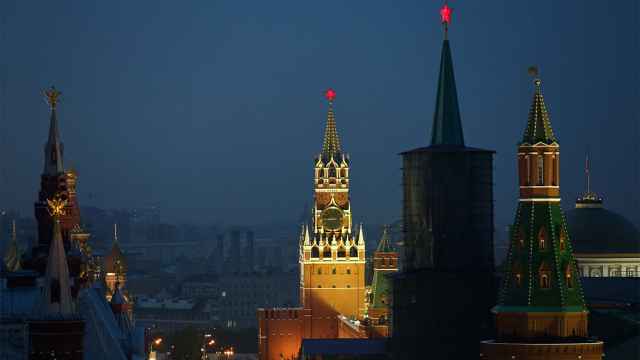Former British spy Christopher Steele defeated a defamation lawsuit brought by the billionaire owners of Moscow-based Alfa-Bank over the dossier Steele compiled that examined then-presidential candidate Donald Trump’s ties to Russia and Vladimir Putin.
A District of Columbia Superior Court judge on Monday dismissed the lawsuit brought by German Khan, Mikhal Fridman and Petr Aven, agreeing with Steele that his report serves the public interest because it relates to possible Russian influence with the 2016 presidential election and Russian oligarchs’ involvement with the Russian government. In addition, plaintiffs didn’t provide evidence that Steele acted with malice, the judge said.
Superior Court Judge Anthony Epstein didn’t address whether the information in the Steele dossier was accurate, only whether Steele’s sharing of the report with the media was protected by the First Amendment of the U.S. Constitution.
Steele, who President Donald Trump has called a “lowlife,” was initially hired by Republicans, through a Washington-based research firm, to examine Trump’s links to Russia. The Democratic National Committee retained him, through the same research firm, after Trump won the Republican nomination.
Alfa-Bank’s owners sued Steele over claims in his report that the bank had a close relationship with Putin, that “significant favors” were done in both directions and that an intermediary delivered “illicit cash” to Putin throughout the 1990s when he was deputy mayor of St. Petersburg.
“We strongly disagree with the court’s decision, which we will almost certainly appeal," Alan Lewis, a lawyer representing the bankers, said in a statement. "We are, however, pleased that the court agreed that we have adequately proved Mr. Steele’s negligence in making unsupported accusations that our clients had something to do with alleged efforts to interfere in the 2016 election — which they did not."
A Message from The Moscow Times:
Dear readers,
We are facing unprecedented challenges. Russia's Prosecutor General's Office has designated The Moscow Times as an "undesirable" organization, criminalizing our work and putting our staff at risk of prosecution. This follows our earlier unjust labeling as a "foreign agent."
These actions are direct attempts to silence independent journalism in Russia. The authorities claim our work "discredits the decisions of the Russian leadership." We see things differently: we strive to provide accurate, unbiased reporting on Russia.
We, the journalists of The Moscow Times, refuse to be silenced. But to continue our work, we need your help.
Your support, no matter how small, makes a world of difference. If you can, please support us monthly starting from just $2. It's quick to set up, and every contribution makes a significant impact.
By supporting The Moscow Times, you're defending open, independent journalism in the face of repression. Thank you for standing with us.
Remind me later.






